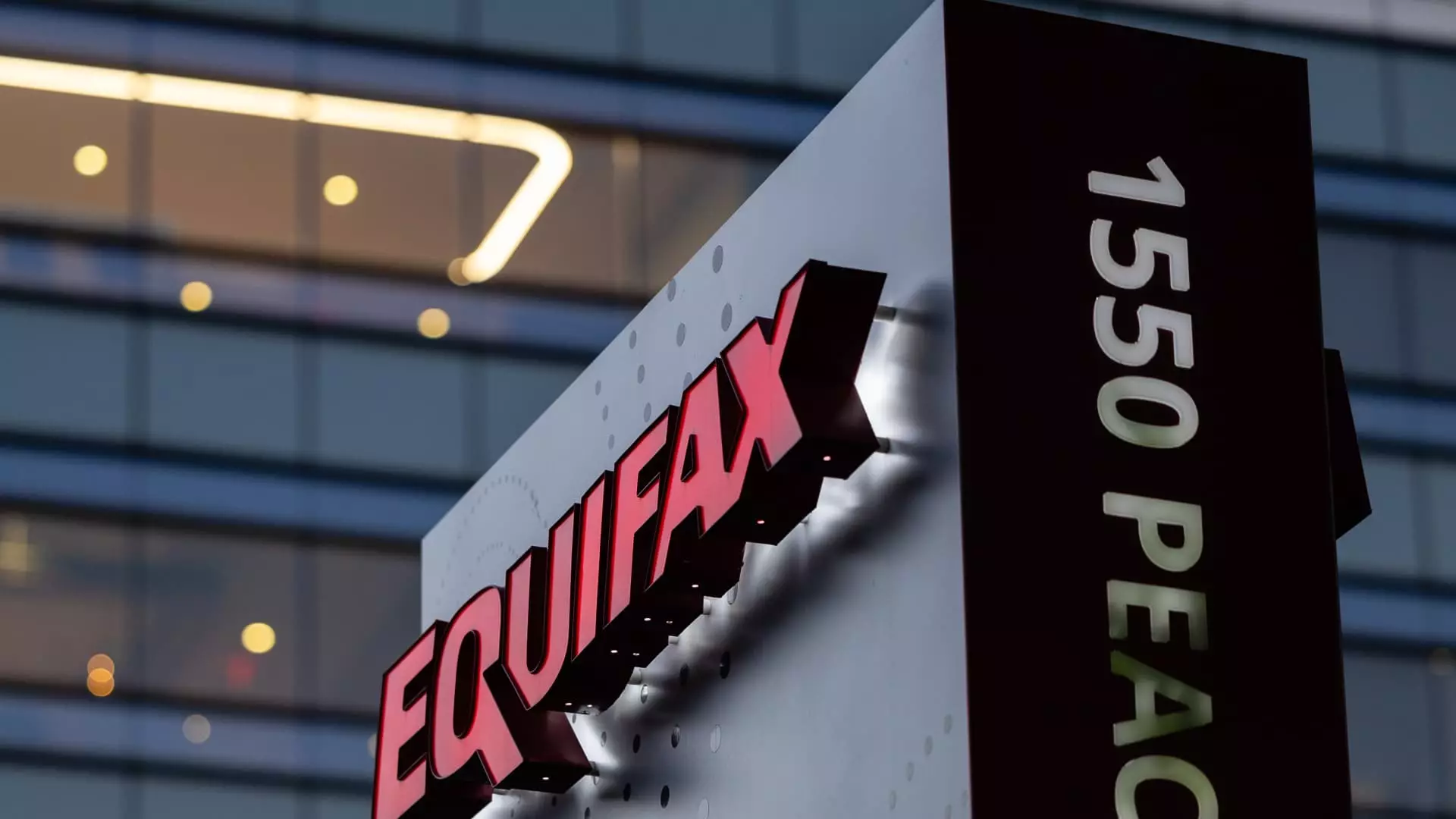Credit reporting agencies play a crucial role in the financial ecosystem, influencing everything from loan approval to rental agreements. In the U.S., three major players dominate this field: Equifax, Experian, and TransUnion. However, when these institutions fail to uphold their responsibilities, the repercussions can be substantial for consumers. Recently, the Consumer Financial Protection Bureau (CFPB) took a significant step by imposing a $15 million fine on Equifax, highlighting severe deficiencies in how the agency handles consumer credit disputes.
According to the CFPB, Equifax exhibited a lack of diligence in handling credit report disputes. Reports surfaced that the company routinely overlooked consumer documentation submitted during disputes, allowing inaccuracies—some of which had been previously removed—to reenter consumer credit files. The CFPB noted that the agency utilized software plagued by flaws, leading to erroneous credit scores that could adversely affect individual financial standings. These factual inaccuracies underscore the fundamental problem of trust, as consumers depend on these reports when making significant life decisions.
The implications of incorrect information on credit reports are far-reaching. Adam Rust, director of the Consumer Federation of America, warns that such errors can have severe consequences on an individual’s ability to secure loans, residences, and even employment. This inadvertent damage to consumers’ lives stresses the necessity for reliable credit report systems, serving as a reminder of the stakes involved in managing this sensitive data.
In the aftermath of the CFPB’s investigation, Equifax publicly stated its intention to move beyond these issues, emphasizing its commitment to enhancing technological infrastructure and refining its dispute processes. The company reported a substantial investment of over $1.5 billion to rectify its operational shortcomings, underscoring a proactive approach to regain consumer trust. However, the fact that such extensive corrective measures were necessary raises questions about the systemic issues within the credit reporting industry and whether financial penalties will truly lead to a cultural shift in how these organizations operate.
Equifax’s settlement seems to serve a dual purpose: resolving the CFPB’s long-standing inquiries and allowing the company to reestablish its reputation. Nevertheless, the attention drawn to their past actions offers little reassurance to the millions of consumers who might have been affected by their past negligence.
The settlement with Equifax is not an isolated occurrence. The CFPB recently filed actions against Experian for similar issues, indicating that this challenge extends beyond one company. Chi Chi Wu, a senior attorney with the National Consumer Law Center, notes that these systemic problems have been endemic in the credit reporting sector for decades. Such persistent inadequacies hint at a more significant industry concern rather than isolated missteps from agencies.
Moreover, the fallout from a significant data breach in 2017, which compromised the personal information of 147 million consumers, continues to loom over Equifax. The company settled that incident for a staggering $700 million, illustrating the severity of lapses in consumer data management. The cumulative effect of these incidents may erode public trust across the entire credit reporting ecosystem.
So, what can consumers do in light of these troubling revelations? Adam Rust recommends making it a habit to check credit reports at least once a year, or ideally before applying for loans or jobs. Consumers can obtain a free copy of their credit report every week from the three major bureaus—a measure designed to simplify the monitoring process.
When facing inaccuracies, consumers should promptly lodge a dispute in writing, complete with supporting documentation. Wu emphasizes using traditional postal methods rather than online channels, as mail often yields better results in dispute resolution. Additionally, consumers may want to involve regulatory bodies such as the CFPB if self-resolution efforts fall short.
The recent fine imposed on Equifax serves as a reminder of the pressing need for reform within the credit reporting sector. As consumers navigate a landscape fraught with potential pitfalls, the responsibility lies not only with these agencies to rectify their processes but also with consumers to remain vigilant in managing their financial health. Acknowledging the system’s weaknesses and advocating for stronger regulations is essential to safeguarding consumer rights in an increasingly complex financial world. The onus is on institutions like Equifax to prioritize accuracy and transparency to rebuild trust with consumers, fundamentally reshaping their operational ethos for the better.

